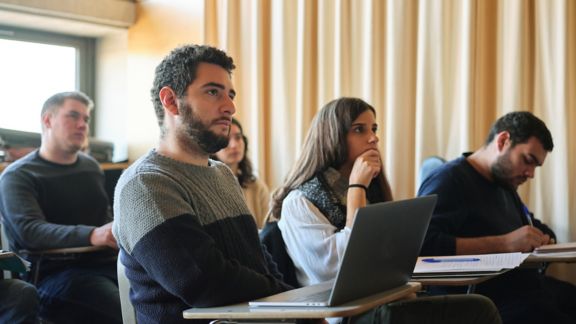The Higher Education Analytics & Climate (HEAC) Center examines the factors that shape institutional success: campus culture, student outcomes, and the longterm career trajectories of graduates. Our work combines methodological rigor with deep subject-matter expertise to provide higher education leaders with the evidence they need to make informed decisions.
Our researchers have worked with over 80 colleges, universities, and educational organizations, conducting institutional and workplace climate assessments, longitudinal studies of student outcomes, and evaluations of programs and initiatives. This breadth of experience across diverse institutional contexts informs our approach to measurement and analysis.
We serve multiple audiences across the higher education landscape. Institutional leaders use our findings to understand and improve campus culture and student success. Policymakers and foundations draw on our research to design evidence-based interventions. Employers and organizations gain insights into educational pathways and workforce preparation. Students, families, and alumni access data to inform their educational decisions. In each case, our commitment to methodological integrity and unbiased research ensures that stakeholders have reliable evidence for the questions that matter most to their work.
Center Lead
Higher Education Analytics Experts
-
Karen Grigorian
Vice President -
Erin Knepler
Senior Research Director -
Lisa Davidson
Senior Research Scientist -
Norman Bradburn
Distinguished Senior Fellow -
Debra W. Stewart
Senior Fellow
Discover Our Research
Our work produces lessons that make colleges more effective in shaping students’ futures.











